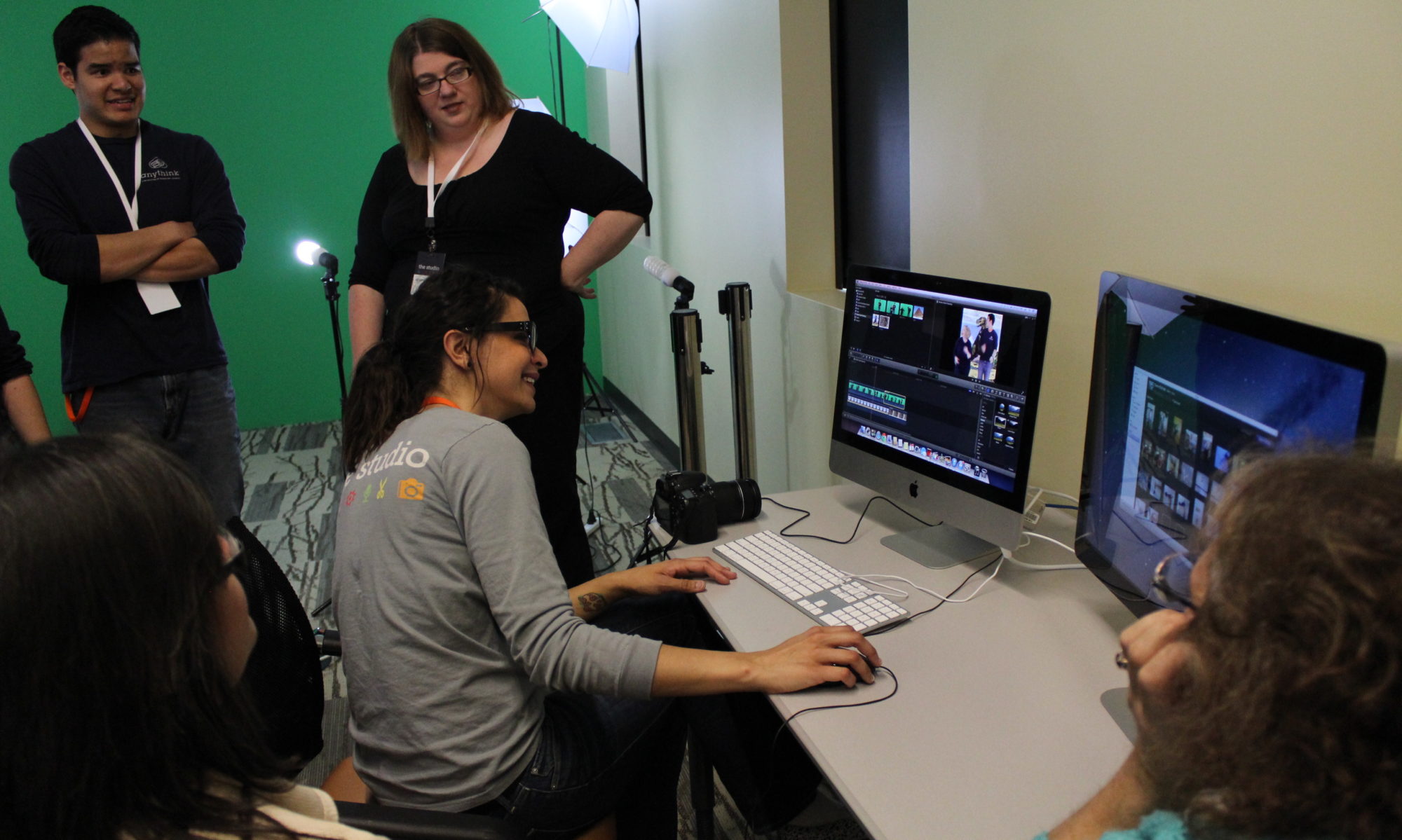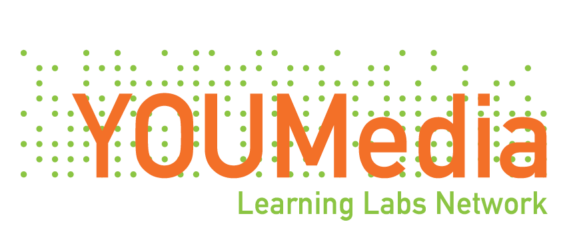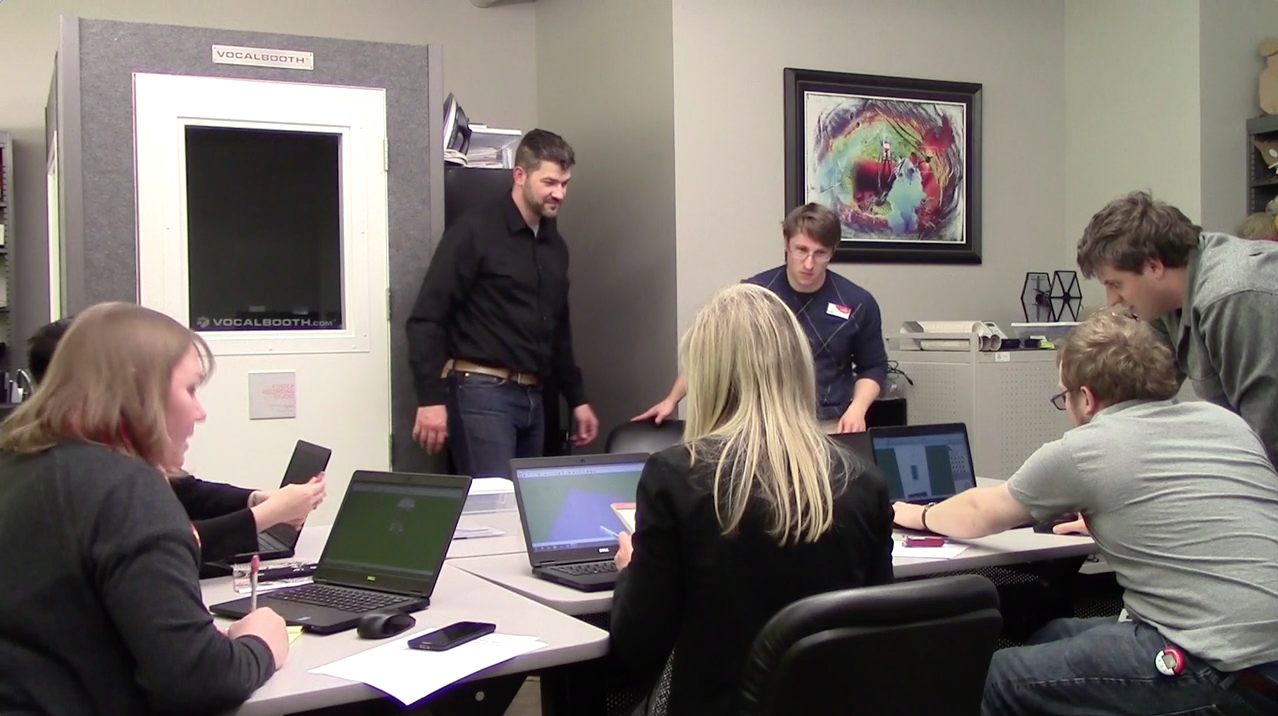By Cody Allen of T.E.C.H. Lab @ Billings Public Library
The Billings Public Library’s T.E.C.H. Lab recognized multiple needs when it came to staffing. One of our key challenges was a continued need for professional development for our staff, and a support structure that could help the single staff member in charge of running the space. At the same time, we saw an opportunity to use professional development as a method of on-boarding and introduction to new staff, or staff who are not actively assigned to the lab.
Working with an incredibly lean staff, we wanted to use our Post-Emergent Library Maker Spaces action research project to try to develop the staffing resources available to us rather than trying to add more staff positions. To do this, we decided to hire local experts to hold training sessions on T.E.C.H. Lab equipment that any interested library staff member could participate in. The attendees of these trainings would be expected to use the knowledge and skills that they learned there for public programming in their respective departments. We wanted to reach out to staff from all departments of the library in order to enable a wide range of staff to utilize the Lab’s resources, while also hoping that newly trained staff from other departments could provide help in the Lab as needed. This effort was a success, with an employee noting:
” This has been a great way for us to come together and share our ideas about the library, our maker-space and what we can do for our community.”
Before we began these sessions, we had to decide what we wanted the trainings to focus on. The teen librarian and the systems administrator in charge of the Lab brainstormed a list of ten training sessions that incorporated many different pieces of technology and software. Some training sessions would focus on a single topic (such as Sketchup), while others would involve multiple elements (like a Scratch Coding/Makey-Makey session). There were two loose metrics used to decide what pieces to train on: what do youth want to learn about most (as reported anecdotally by the teen librarian through conversation with teens in the Lab), and what topics would the staff most benefit from through hands-on training from an instructor (as opposed to topics that could readily be explored individually).
Finding instructors was the next challenge. We scoured through our database of instructors who had led Lab programs in the past to find appropriate teachers for the topics we had chosen. We also consulted staff members and our Lab’s Steering Committee to see if they knew of anyone who would be able to teach any of these sessions. We paid instructors $50/hour for their time and tried to structure the sessions to last no longer than 2 hours, with some topics being split over multiple days.
Once a session was scheduled, we would announce it at our morning staff meetings and send out emails, after which those interested would have to communicate with their supervisor for scheduling purposes. We taped each session, collected any presentation material the instructor used, and then put these materials up on our shared drive. In this way, any staff who missed the session but was interested in the topic, could have access to the documentation of each training. These materials will also become an important resource for future staff when we need to orient them to the space and its equipment.
These trainings helped us reach out to other staff members throughout the library, and it helped show not only what the lab has to offer by way of equipment, but also what kinds of programs we are trying to create. As one of our staff said:
”…it has worked quite well, we have expanded into Tween STEAM and into Jr. Science Club as well as into Jr. TECH so that younger children can experience the technologies in the T.E.C.H. Lab and to prepare them and get them excited for going into the T.E.C.H. Lab as teenagers.”
We did experience challenges reaching some departments in the library, but will continue our efforts to expand awareness of and support for the Lab and its resources. We recognized that our Lab had been a large focal point of the library for quite some time, and wanted to focus on incorporating ourselves back into the conceptual framework of the entire library. Ultimately, these sessions were a great way to develop hard skills among our staff on key pieces of technology, and helped us to present the Lab as another part of the library’s overall services and not a separate and distinct entity.


